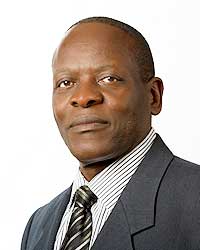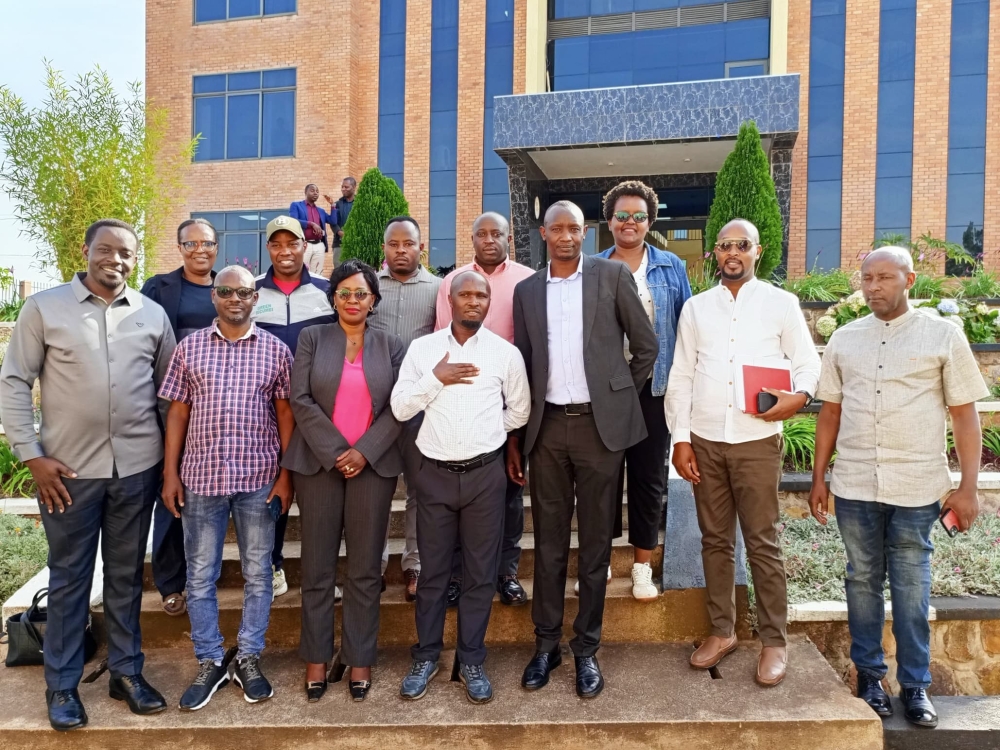Public Private Partnership (PPP) is simply a relationship between a private sector company and a contracting government agency for the purpose of completing a project that serves the public such as building and maintaining highways, water and sewer systems, railways, airports, seaports, even schools and universities to mention a few.


Public Private Partnership (PPP) is simply a relationship between a private sector company and a contracting government agency for the purpose of completing a project that serves the public such as building and maintaining highways, water and sewer systems, railways, airports, seaports, even schools and universities to mention a few.PPPs reduce the regional infrastructure funding gap without increasing funding levels. It achieves goals that would otherwise go unmet because of budget limitations.A private enterprise might be interested in funding upfront costs of the project such as construction in exchange for receiving the operating profits over an agreed period of time. For example, a public institution such as a school can be built and operated by a private investor and then transferred back to the public agency once the investor profitably recovers the money.East Africa still faces severe poverty and societal discontent, ethnic divisions and violence. The root cause of these problems can be traced back to lack of effective delivery of basic social services without which public trust is eroded with ensuing frustrations and civil disobedience.Citizens take to the streets demanding better transportation, health, education services and protesting against unemployment, poverty, insecurity, nepotism and corruption. PPP can be a useful weapon against some of these destabilising effects. Better infrastructure attracts more sustainable investments because it minimises financial risks investors. It is true that PPP is not the only way to finance big projects. However, with the East African states strapped for cash, it makes sense for governments to look beyond the treasury to bridge the funding gap.Partnering with private sector has additional potential to promote efficiency and upgrade projects and services to world class levels. Financial and technical resources are created on common goals, consensus-based decision making, shared accountability for outcomes and results, and synergistic interactions.It is also reported that PPP can promote good governance, accountability, transparency, social inclusion and empowerment of local leaders.The Ugandan minister in charge of investments Gabriel Ajedra is a vocal proponent of PPP. He wants the country’s legislators to pass the PPP Bill immediately in order to tap into private resources to build public infrastructure. He contends that PPP is currently limited to a few projects like highway construction.He seeks to ensure that PPP is legally expanded to cover many areas that can benefit from its use. These other areas include environmental conservation, agriculture and community development.Kenya passed the PPP Act on January 14, 2013 and adopted it in line with the national development roadmap called "Vision 2030”. The country continues to provide conducive regulatory framework for implementation of PPPs.Examples of projects under PPP in Kenya include the International Airport Cargo Terminal and Malindi Water Utility and energy sectors.On August 16, 2013 this publication reported that talks were underway between the Government of Rwanda and a Turkish construction company to build a state of the art stadium in Kigali. The stadium promises to be one of the major public private partnerships in the country. Public Private Partnership is not new. USA, Canada, Europe and Australia have maintained PPP programmes, especially in the area of social infrastructure.Given the global economic rollercoaster, these countries and regions are accelerating PPPs to safeguard against future likes of the Euro-zone crises. Brazil, Russia, India, China and South Africa (BRICS) are speeding up their economic and social programmes through PPP.Therefore, it makes economic sense for emerging East Africa to emulate these regions without re-inventing the wheel.What East Africa needs is political will and capacity building for public sector officials in PPP practices and techniques so that they may efficiently analyse the projects proposed and negotiate expertly.Surrendering PPP decisions to untrained debaters in parliaments stalls processes. It is a task for seasoned professionals and private consultants if we are to get the best possible results.The writer is an hotelier and tourism professional and founder of Impactafrica Trade & Investments.




